Loqui looks up at the sun, which has just begun to rise. It will be another long, hot day.
Another day all on her own.
Ducks swim sedately in the lake, and birds chirrup in the trees, but there are no other moose calves anywhere. Lowering her head, she sees a clump of switchgrass sprouting from the soil and tears it with her teeth. When she takes another bite, a fat muskrat darts out, followed by his scaly tail.
Loqui blinks at him. “Hello.”
He quivers before her for a moment. Maybe he’s lonely, too.
She asks, “Do you want to play?”
But he dives into a pile of leaves.
“No!” She starts after him. “Don’t go.”
Loqui prods the pile with her forehoof, and a stinky smell goes up her nose. There’s something beneath these leaves. Something intriguing. So, she digs her hoof in deeper.
Ugh. A rotting animal skin.
When Loqui paws at it again, her hoof hits something hard. She pushes the hide aside far enough to see.
Grimy, bug-eaten bones.
She reaches out to poke at them. “What happened to you?”
“Don’t touch those.”
Loqui jumps and spins around. The muskrat has snuck up on her.
“Why can’t I touch them?” she asks.
“The bones are bad. Just leave them be.”
“Whose are they?”
“Can’t you tell?” he snorts. “They belong to a moose.”
Could it be true? The bones are so small. “Was it a calf?”
“Of course.”
“I don’t understand.” Loqui looks more closely at the bones. “What’s wrong with them?”
The muskrat turns to go. “Why don’t you ask your mother.”
She would, if she could. But Nimwé died one moon ago. Loqui doesn’t like to think about that now. It’s too hard when she does.
As the muskrat scurries off, she calls out, “Wait!”
But it’s too late.
A tiny calf. Smaller than her.
Loqui takes one last look at the bones she’s exposed. Can they really be that bad? She covers them back up, under the leaves where they can hide.
Goodbye, bones.
Hopefully, no other clumsy calf will disturb them like she did.
She turns her back on them and steps into the reeds that grow right by the shore. The ducks still paddle slowly by. Maybe they will want to play. So Loqui leaps into the lake, splashing water everywhere, and gets a duck’s back wet. He quacks angrily at her and quickly glides away. Then he dives into the water, until only his tail sticks up.
That looks like it could be fun.
Taking a big breath, Loqui dips her head and neck in, too. Suddenly, a whole green world of long-stemmed plants swims before her eyes. She opens her mouth to snatch a bite of fluttering pondweed, and water floods up, up into her nose.
Sputtering, she quickly lifts her head.
She was supposed to close off her nostrils. Her mother tried and tried to teach her this.
“Well, I forgot!” Loqui says out loud.
Only moose can close our noses. It’s what makes us different from deer. How many times did Nimwé tell her that? They can’t eat underwater like we can.
Loqui sniffs. Her mother’s not here to watch her now. The ducks are doing their own thing, and the muskrat is long gone.
“Hey, is anybody here?” Loqui rotates her ears, but there is no reply. Just the wind among the leaves and the squawk of a grackle on a branch.
“Fine.” She splashes the lake once more. But this time it’s only for herself.
Then she walks out far enough to get her coat all soaked. When she stands neck-deep in the lake, she’s a little bit cooler, and the ticks clinging to her legs don’t bother her so much. She hates the way they stick to her skin, no matter how hard she tries to bite them off.
The ticks stuck to her mother, too.
Nimwé was so thin. She didn’t like to browse on plants, because she said that all the chewing made her jawbones ache. Her bones stuck out all over.
Loqui looks at her own reflection in the lake and snorts at what she sees. Her right ear flops when it should stand straight, her knees are knobby, and her hair is tinged with red, while her mother’s coat was such a lovely brown.
There’s nothing she can do about these things, but the deer still laugh when they scamper by, flashing their white tails. Continue reading…
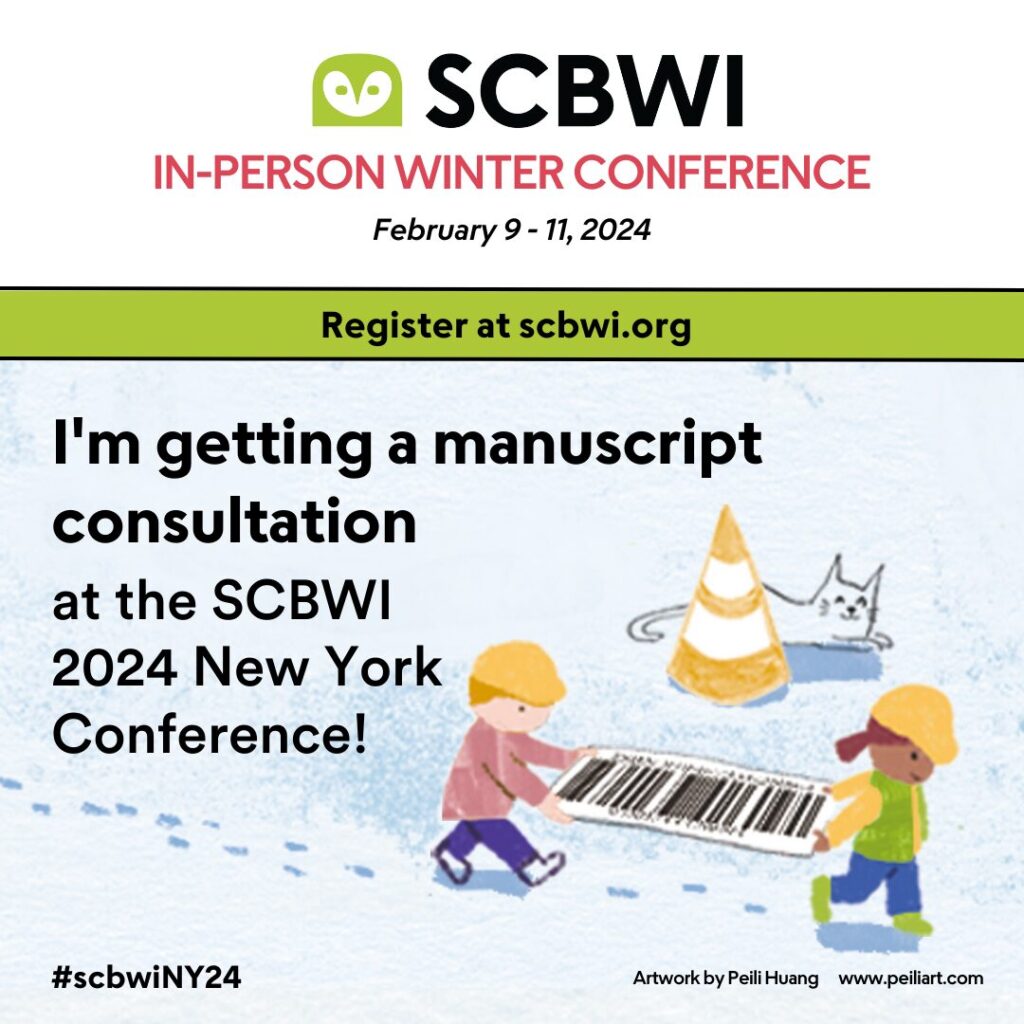
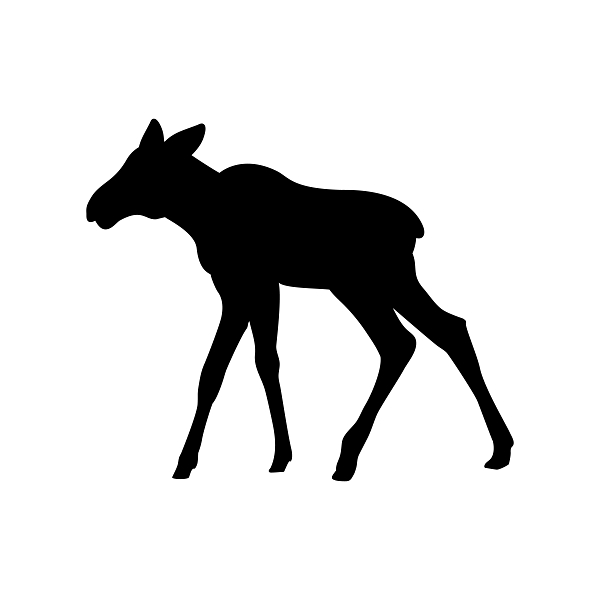
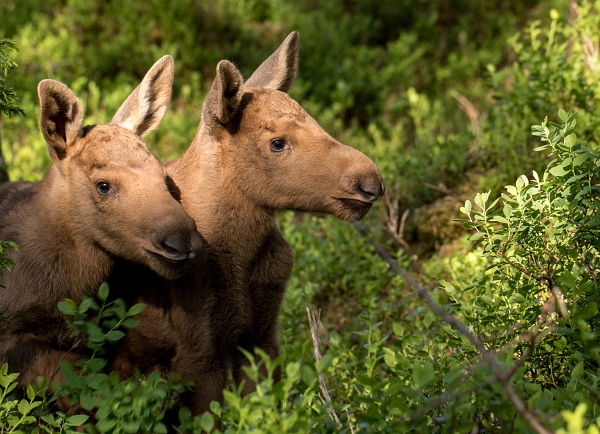
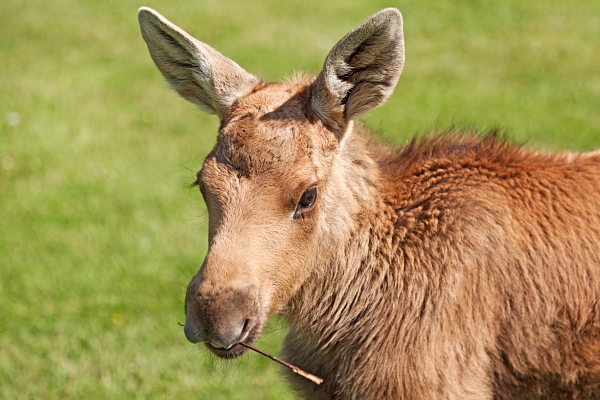
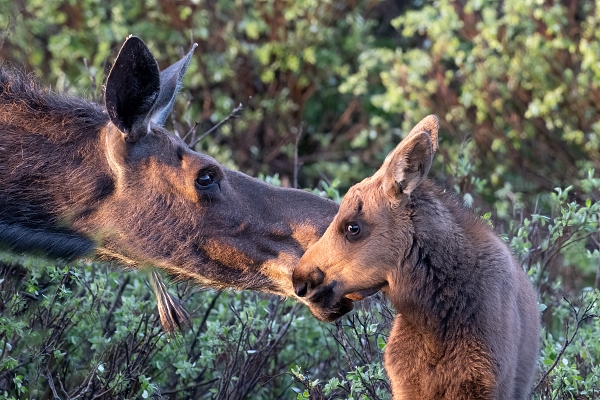
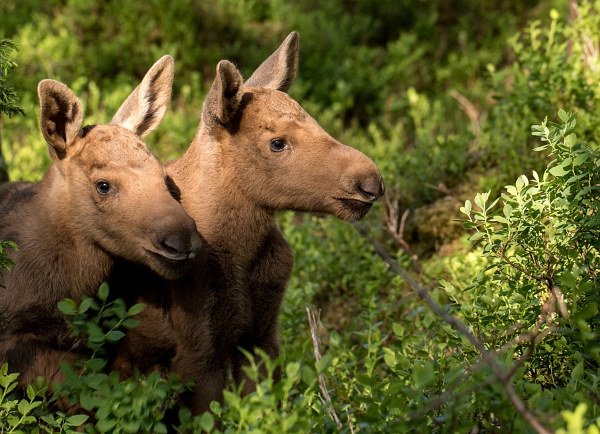
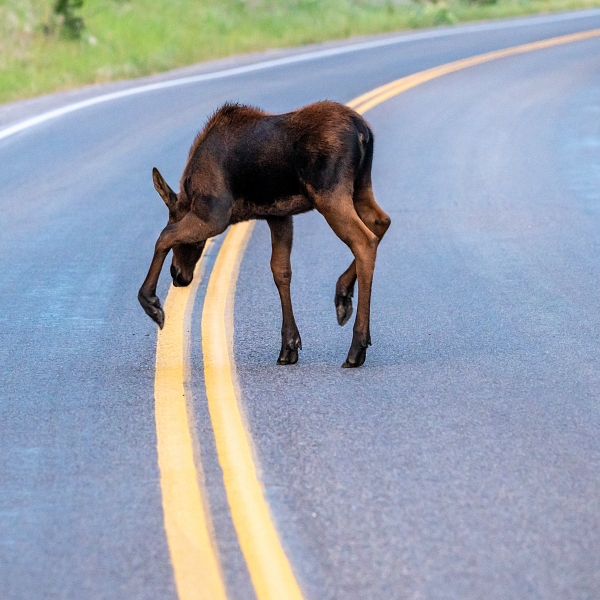
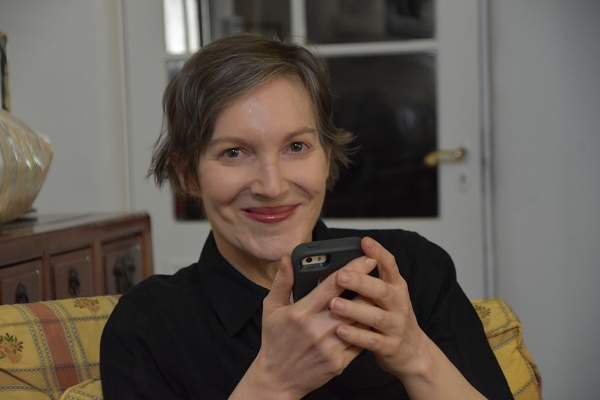 My name is Jenny Attiyeh, and I began my career in 1987 in London as a freelance reporter on the arts for the BBC World Service Radio. I remember my first interview for “Meridian”, as the program I worked for was called. It was with Placido Domingo, and I’ve never been so nervous since.
My name is Jenny Attiyeh, and I began my career in 1987 in London as a freelance reporter on the arts for the BBC World Service Radio. I remember my first interview for “Meridian”, as the program I worked for was called. It was with Placido Domingo, and I’ve never been so nervous since.